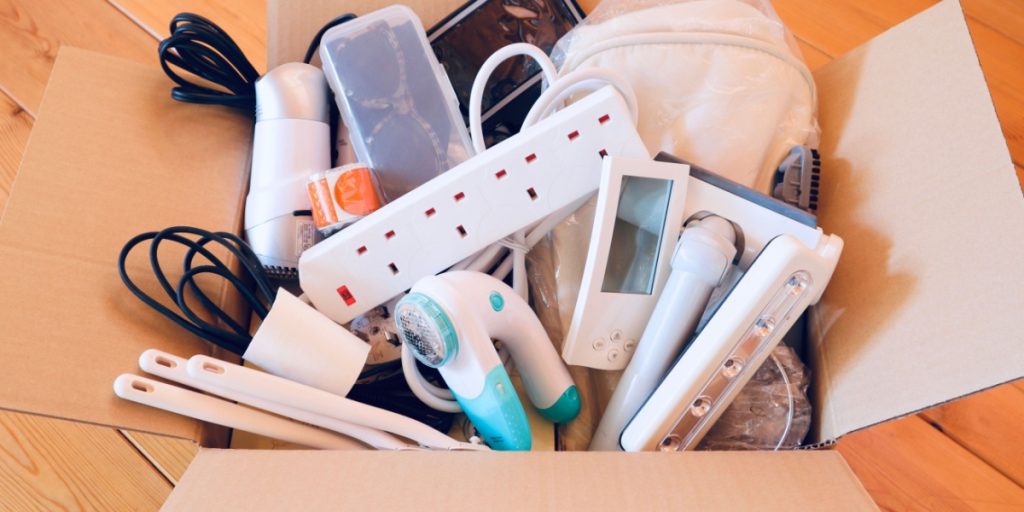Not all that’s old must be cherished; some household staples require timely updates. From the spice rack to the towel rack, here’s how to identify the hidden expiry dates of your everyday items.
Others are reading now
Maintaining a clean and healthy home environment extends beyond regular dusting and decluttering; it involves a keen eye on the shelf life of everyday household staples.
While some items like spoiled milk or moldy bread send clear signals when they’ve overstayed their welcome, others, like the silent but potentially hazardous expired medication or the ineffective cleaning supplies, demand a more nuanced approach to detect their expiration.
Herbs and Spices
A well-stocked spice cabinet is the heart of flavorful cooking, yet spices and herbs don’t retain their vigor indefinitely. Over time, they lose their essential oils, diminishing their aroma and potency. While whole spices can grace your kitchen for up to four years, ground spices and dried herbs are best refreshed every two to three years. Fresh herbs, however, have a much shorter life span, lasting only up to three weeks in the refrigerator.
Medications
The efficacy of medications, both prescription and over-the-counter, wanes past their expiration dates. Annually revisiting your medicine cabinet to weed out expired items is not just a practice in tidiness but a precaution against the dangers of consuming less potent medicine. Proper disposal methods ensure these medications don’t harm the environment or pose a risk to others.
Also read
Cleaning Supplies
That bottle of cleaner under your sink may not be the effective germ fighter it once was. Cleaning products degrade over time, losing their ability to tackle grime and bacteria effectively. A general rule of thumb is that most cleaning supplies, including bleach, remain effective for six months to two years, depending on storage conditions.
Batteries
Batteries forgotten in devices can leak, corrode, or even bulge, posing risks to both the appliance and the user. Regular monthly checks can prevent damage and ensure the devices remain functional, swapping out batteries before they become a hazard.
Pillows
The pillow you rest your head on nightly can accumulate dust mites, body oils, and sweat, leading to odor, lumps, and a decrease in support. Replacing pillows every one to two years ensures a clean, supportive sleeping environment, critical for good sleep hygiene.
Canned Foods
Canned foods are often depicted as the ultimate survival food in media, outlasting nuclear apocalypses. But truth be told, canned goods can last from one to five years if stored properly. However, signs of swelling, rust, or damage to the can indicate potential spoilage, making the contents unsafe for consumption. Regularly rotating your stock and inspecting cans before use can prevent foodborne illnesses.
Nonstick Cookware
The convenience of nonstick cookware comes with a lifespan. Scratches and peeling not only affect cooking performance but can also flake off into food, posing health risks. Updating your cookware set every three to five years, depending on usage and care, ensures safe and efficient cooking.
Towels
Towels, over time, can fray and harbor mildew smells, signaling it’s time for a replacement. Changing bath towels every two to three years, or sooner if signs of wear or odor are present, maintains bathroom hygiene and comfort.


